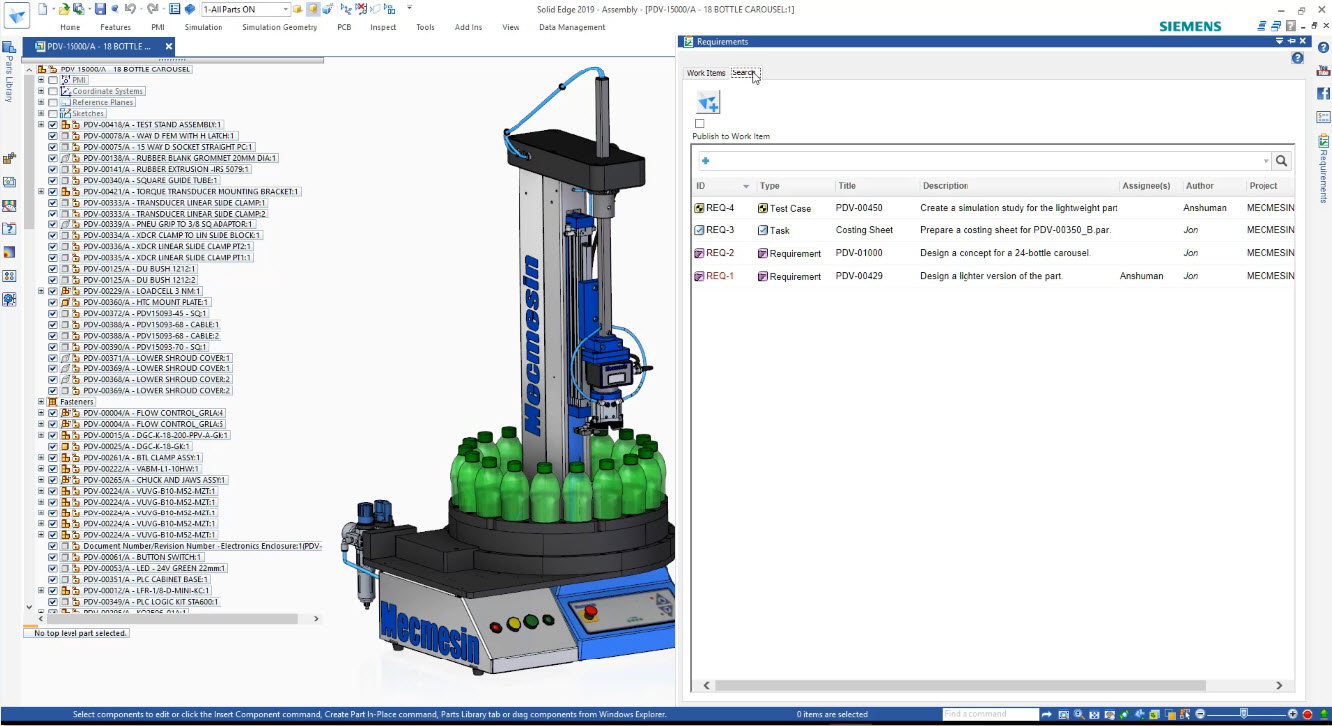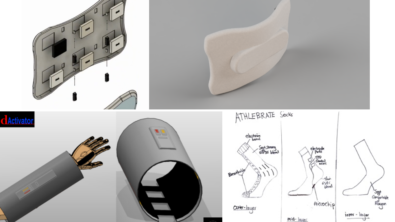Why Requirements Management Matters in Product Development

Requirements management provides the guidance your teams need to develop and deliver the right products. Studies repeatedly show that no development process will result in a successful product offering unless products are rigorously aligned and continually verified against accurate marketplace requirements and customer expectations.
Clearly product requirements are important in the development process, but historically they have presented a challenge to manage. For one thing, product requirements come from a variety of sources: These include government regulations, industry standards, company mandates, market needs, contractual commitments, and of course, consumer and stakeholder expectations. Your products have to be safe, work properly, and please your customers after all. Not only do you need to keep up with the ever-changing requirements from these sources, but you also need to update and share your product requirements within your product development and manufacturing teams, as well as your supply chain, in order to keep your products compliant. For organizations with thousands of employees and hundreds of products, each of which has its own variations for each model released, you can see how this process becomes extremely unwieldy very fast. Luckily, advancements in requirement management software go a long way in helping to manage this process.
 Product design is driven by requirements. It is imperative to accurately link and track requirements during the product design and manufacturing process. Solid Edge addresses this with Requirements Management.
Product design is driven by requirements. It is imperative to accurately link and track requirements during the product design and manufacturing process. Solid Edge addresses this with Requirements Management.
Today we’re going to look at the specifics of what requirements management is (and in particular, what sets good requirements management apart) and why it’s so important to product development. If you’ve ever wondered what benefits it brings to your company and why you should care, then this post is for you. Let’s dive in!
What is Requirements Management?
Requirements management is a continuous process throughout a project in which one documents, analyzes, traces, prioritizes and agrees on requirements and then controls change and communicates that information out to relevant stakeholders. A requirement is a feature, specification, capability or constraint your product must have on delivery to the customer. Not all requirements management processes are created equal, though. Some companies place more importance on this than others – and that’s what separates the good from the “just okay.” If you only document the bare minimum information that is needed to get the work done, chances are that your products will have incomplete or inaccurate information, and that leads to some serious problems down the road. This brings us to why it’s important.
The Benefits of Requirements Management
Having a proper requirements management process in place helps to ensure that your organization documents, verifies, and meets the needs and expectations of customers, internal and external stakeholders. In other words, you make everyone happy. It goes beyond just that though. Enhancing the clarity of your requirements drastically improves your products. Having a proper process in place can prevent project failure, uncover issues earlier in development (which ultimately leads to time and money saved), and you can even prevent huge errors from resulting that could potentially damage your company’s reputation should they get out in the public. Rather than focus on the negative though, let’s look at the positive side and all of the benefits your organization will gain when you make good requirements management a priority.
Increase Productivity & Improve Product Performance
When done right, requirements management actually increases your organization’s productivity by reducing the amount of rework engineers must do. Think about it. By ensuring that all relevant and pertinent information about a product is outlined in a clear, easy-to-understand way, you avoid errors that result from inaccurate or incomplete information. Your team is able to build products to exact specifications the first time around, so things are done right and less changes are needed.
Adapt to Change Faster
Speaking of change, requirements management also helps organizations adapt faster. Things can change in an instant. It’s inevitable that your business will eventually deal with last minute changes to a product, and they can come from practically anywhere (at least, anywhere that your requirements come from): A change in law, a recall of a particular part or product, unexpected behavior or performance issues, changing customer demands and expectations. When you have a proper process in place to manage requirements, as soon as a change is made somewhere in development—say, for example, a designer changes the diameter of a hole for a screw in an assembly—that change gets communicated out instantly to everyone in the chain.
Reduce Time to Market
This is the subsequent result of increased productivity and the ability to adapt to change faster. Ultimately, your business will reduce the time needed to get a product out the door and into customers’ hands. More companies are facing pressure to shorten their product lifecycle, and a good requirements management process helps you achieve that.
Easier Traceability and Auditing
Heavily regulated industries—typically those in which quality and safety of products is critical, such as aerospace and automotive—need traceability in order to prove compliance. Traceability is much easier when you have a proper system in place for tracking each requirement throughout every step of a product’s development. This helps when it comes to auditing, as well. Should you ever have to be audited, it is a stressful enough experience on its own. Having the ability with a good requirements management process in place to easily trace everything back through the product lifecycle gives you peace of mind.
Prior to having software capable of managing this process for you, requirements management could be a daunting task for an organization. You would have to manually manage each change, which resulted in many errors and often led to miscommunication, project delays, and longer lead times – none of which helps your business. Luckily, software solutions like Solid Edge Requirements Management addresses these problems, providing seamless requirements management and tracking so you can focus on what matters most: improving your products and driving your business to new heights.



Comments